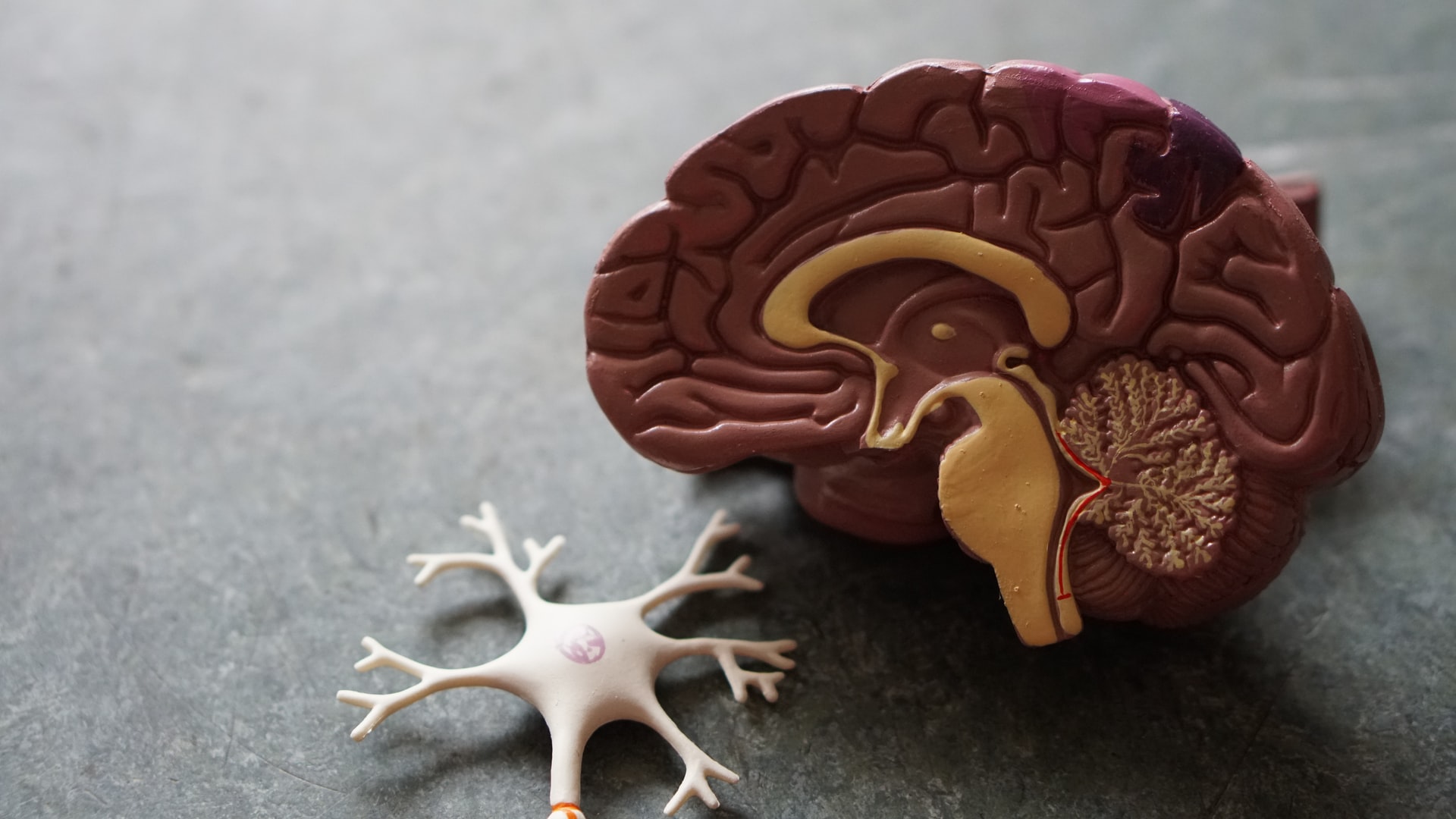
Repetitive Actions
This is our fourth blog about behaviours and how we as caregivers should respond to said behaviours. Have you ever noticed that your loved one may be saying or doing the same thing over and over – like repeating a word, question, or activity. You may find yourself getting frustrated and saying something to the effect of, I just answered you two seconds ago, why are you repeating the same thing.
Firstly, you may even lose some patience. But, since you are becoming more and more knowledgeable in behaviours, now you will not respond that way, you will understand that the only real reason they are behaving the way they are is because of the degeneration of brain cells which causes your loved one’s ability to make sense of things declines over time and they may not even remember that they just asked you the same question or that they are doing the same activity over and over again.
Secondly, keep in mind the person who is asking the same question repeatedly, my be trying to express a certain concern, ask for help, or cope with frustration, anxiety, or insecurity. The reasons are usually simple such as a looking for comfort, security, and familiarity.
Understanding Dementia
As noted in previous blogs on behaviour, the Dementia Society identified a basic three-step approach in understanding and finding solutions to the most common behaviours that is used by professionals all over our country.
- Examine the behaviour.
- What was the behaviour – was it harmful?
- Did something trigger the behaviour?
- What happened immediately after the behaviour?
- Could something be causing the person pain?
- Could this be related to medications or illness? Consult a doctor to be sure.
- Explore potential solutions.
- Are the persons needs being met?
- Can adapting the surrounding comfort the person?
- How can you change your reaction or approach?
- Try different responses.
- Did your new response help?
- Do you need to explore other potential solutions? If so, what can you do differently?
Here at MPHC, we always say that instead of trying to bring a person with dementia into our world, we need to live in their world.
Options and Ways to Respond
Best way to respond to repetitive actions:
- What is the reason – look for the reason or find the trigger.
- Focus on the emotion – respond to how the person is feeling.
- Turn the action into an activity – if the person is rubbing their hand across the table, hand them a cloth and ask for help dusting.
- Stay calm and be patient – use touch and always stay calm.
- Provide an answer – do not ignore the question – always answer the question no matter how many times you are asked- you need to engage your loved one.
- Engage them in an activity – change the topic if possible or take them to another area in the home. This will distract your loved one from what they are focussed on.
- Use memory aids – offer reminders like notes, photos, clocks, and calendars.
- Accept the behaviour and work with it – so long as it is not harmful, figure out how to work with the behaviour.
In our second to last blog on behaviours we will examine new suspicions.
in conclusion, compassion drives everything that we do. We provide quality care demonstrating dignity and respect for those in need and accept all individuals for who they while fostering healing and overall well-being.
Contact us today for more information: 613-686-6366 or info@myplacehomecare.ca
Ottawa Dementia Care.

